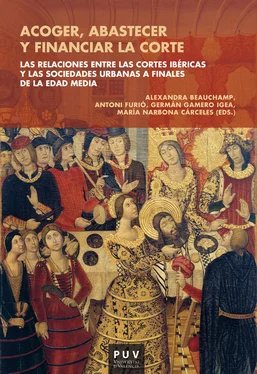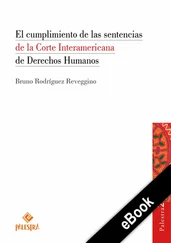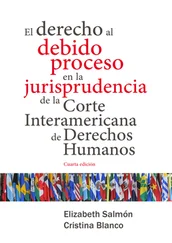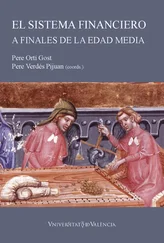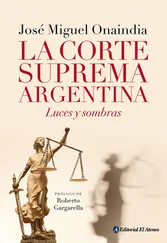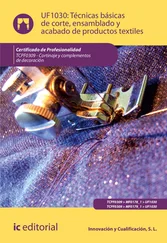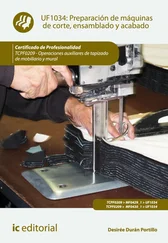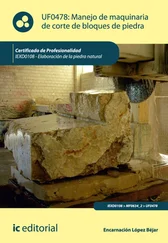I will focus here, instead, mostly in the material structures and realities of the lodging of courtiers. Between the fourteenth and the sixteenth centuries the monarchs of Portugal found original solutions for a less daunting and disrupting settling of the court whenever they stayed in the major cities of the kingdom. The solutions were often found together with the local urban governments, a process that was especially relevant for Lisbon. What is striking about such arrangements is, on one hand, the way local markets were made to correspond to the sudden surges in demand for food and lodging associated with the royal visit and stay. On the other hand, courtly hierarchies would impose their stable logic on the ways the cities tried to cope with their obligations towards the monarch’s presence, which meant that the temporary settling of the king’s numerous followers soon originated local regulations and mechanisms of prevision and budgeting. The study of courtly lodgings in the late medieval period is a good point of observation of this general evolution. It is a historical process that runs parallel to the transformation then occurring in the traditional remunerations of the members of the court.
Without going into too much detail here, I would point out that the periodic remunerations of the official members of the royal court followed by the late fourteenth century a monetized system by which the «rations» corresponding to each quantity of bread, wine, fodder for the horses, and other individual payments in kind, had been transformed in the moradia , a word herein simply translated as «courtly wages» 10. This remuneration was computed (and eventually paid) to each individual in money. I have argued together with other historians that by adopting these scales of payments rulers expressed their clear intent at controlling household expenses, but that the resulting dynamic also aimed at clarifying the internal status hierarchies of the court 11. At the same time that this occurs with wages or liveries, monetized mechanisms were used to reinforce similar hierarchies for the lodgings of those who were part of the royal following.
The solutions found in the kingdom of Portugal for the lodging of the courtiers fully portray a logic of distinction and separation that the court brought within each city where the king settled. Royal courts were not meant to be unruly and unorganized bands of abusing individuals, as much as the local city governments would like to portray them as such, in condemning terms 12. Inner separation and hierarchies between and within groups inside the court were kept when lodging was distributed according to the individual’s position, courtly function, or office. The inevitable accommodation of the realities of the king’s retinue to the profile and specific conditions of each city or town aimed first and foremost at keeping the courtly hierarchies in full force. Those hierarchies, as I have argued in several published works quoted above, had a fundamental role in ascribing and reinforcing personal status inside the Portuguese court.
The monarchs of Portugal promoted all through the 1300s the establishment of commercial lodgings ( estalagens or estaus ) in a multiplicity of places all around the kingdom, with special relevance to the cities where the royal court often travelled, and to those situated along the main roads. Commercial lodging was suited to deal not only with travellers and merchants, who moved around for their own reasons, but also with the dislocation of royal and princely retinues. Lisbon remained, nonetheless, a unique urban centre in the context of the kingdom due to the growth of its maritime trade and the related presence of many travellers and visitors, as well as communities of foreign merchants. It was one of the places in Portugal where commercial hospitality was arguably more developed in the late medieval period, something the monarch and the city government were interested in using in their search for practical solutions for the lodging of the royal retinues.
As stated earlier, courtly lodging was a persistent point of contention. In a well-known text of chronicler Fernão Lopes, a passage of his prologue to the history of king Fernando I (r. 1367-1383), he delineates with clarity what was at stake in Lisbon for the noble members of the king’s court:
the king ordered that no lord should be given lodging [ pousentadoria ] in Lisbon except when he himself was there. Otherwise, this should be done by using paid hostelries and lodging against money payments, and he also ordered that the prices be reasonable. So he told his judges that they should force the nobles to pay, as his wish was that it should not be done any other way [...] And to better arrange for all of this, he ordered to all the bishops, the masters [of the military orders] and his commanders, and anyone else who had the right to be lodged [ pousentadoria ] that they should fix and maintain their own houses at their own expense, so that they could reside in them 13.
For the cities of the kingdom, as for the monarchs, lodging was only due as an obligation to those who received moradia or who served as officers and were regularly incorporated to the court. But the noblemen defended that the privilege was due to them as they moved around the kingdom, for instance, when they were summoned to come to court at the king’s service. And this would apply not only to them but to their own retinues, something the Portuguese monarchs of the late Middle Ages always contested. In this sense, the royal answer to the nobility at the different meetings of the Cortes was practically the same in the parliamentary meetings of king Fernando in the 1370s as it was a century later for king Afonso V in 1472: «you will not find that in the past lodging was given to noblemen, when they were on the road, without money being paid» 14.
Who would be entitled to be lodged at the city’s expense, and what services that would encompass thus became fundamental questions at the centre of a long-lasting dispute in the Portuguese kingdom. The first reforms of the Portuguese court dating from the 1200s already refer to the need to regulate such matters, most notably by establishing the number of dependents or servants associated with each major office of the king’s household 15. King João I (r. 1385-1433) in his long years of governance tried to simplify and regulate previous practice regarding the obligations of the main city of the kingdom. As a consequence of the support he had obtained from Lisbon in the revolutionary events of 1383-1385 which led to his election as king, João I continued to promote the aforementioned general principle of using commercial lodgings for hosting those courtiers of noble status who represented a significant proportion of the adults in his retinue 16. This was to be understood, first and foremost, for those who did not own their own residences in the city, as suggested by the text of the chronicle of Fernão Lopes.
If, as a member of the royal court, you did not own a residence or could not be incorporated into the retinue of a nobleman or prelate of the king’s following who effectively had access to one, you would be depending on the solutions provided by the city. In the case of Lisbon, the scattering of the courtiers throughout the different sections of the city represented a difficult logistic and practical problem for the local municipal government to solve. I should highlight here that this whole complex of obligations applied to male courtiers only, the female component of the royal courts being the object of distinctive practices that, in the case of Portugal, still await careful reconstruction 17.
The system of the lodgings or aposentadoria for male courtiers relied on the establishment of distinctions, and the careful regulation of the services provided according to three different status positions for each court member: knight, squire, page ( cavaleiro , escudeiro , moço ). Certain household and bureaucratic offices were entitled to a fixed amount of lodgings, as it occurred for instance with the Wardrobe ( repostaria ) or the Butlery ( copa ). The services themselves were carefully defined using a system similar to that of commercial lodgings, by using the unit denominated camas , i.e. beds. The material aspects of these «beds» were also distinct according to the courtly rank of each person: the quality of the sheets, for instance, would be higher for the knight ( cavaleiro fidalgo ) than it was for the squire ( escudeiro ) or the youngster ( moço ).
Читать дальше
